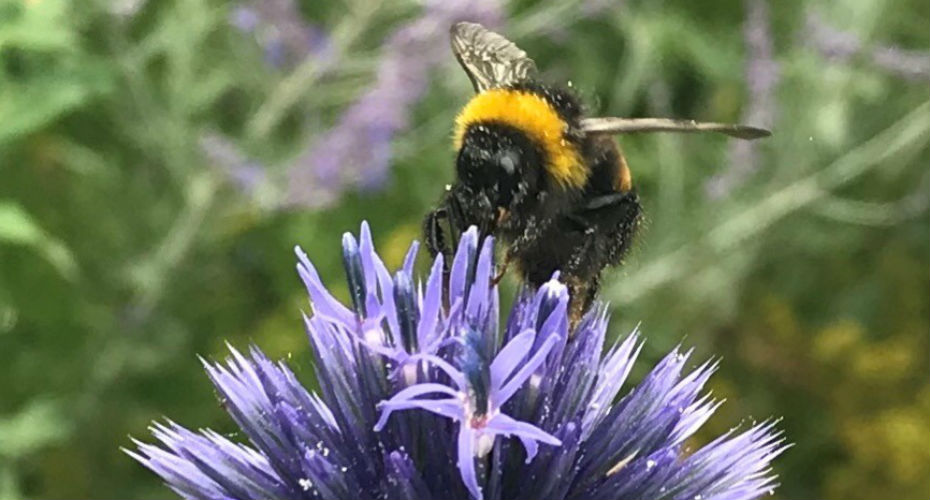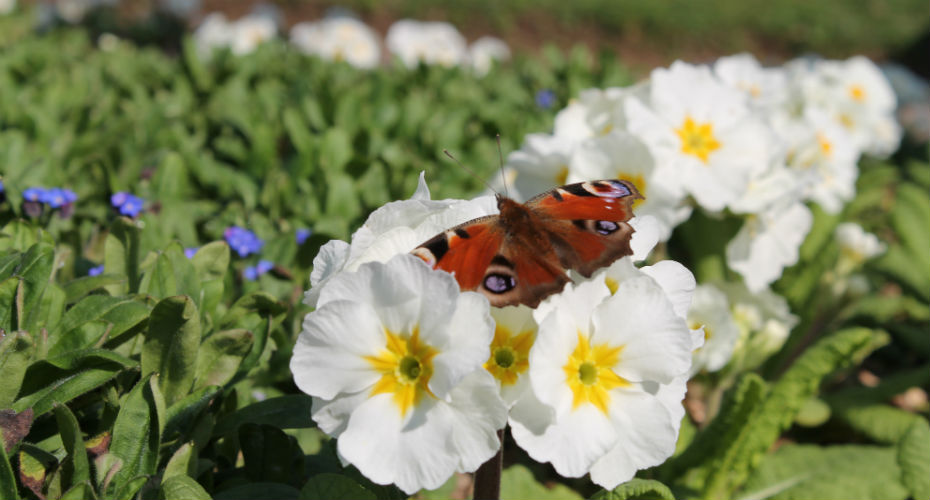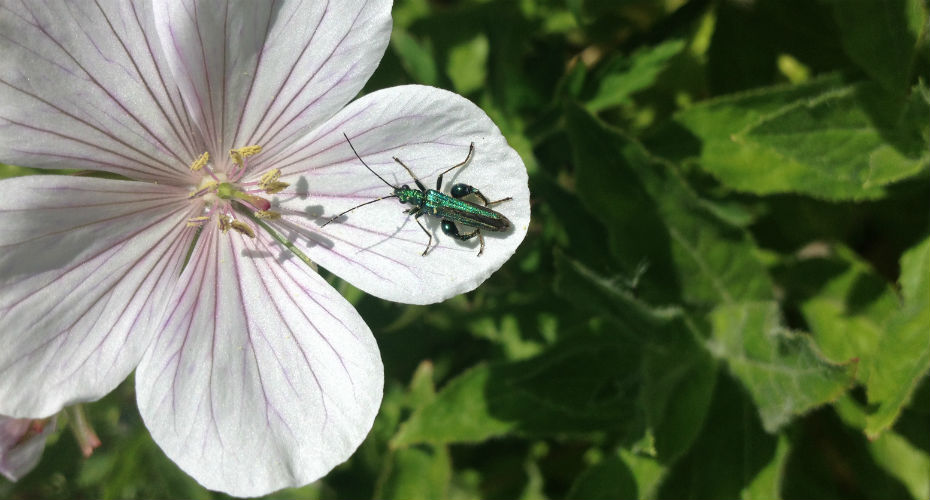Sustainability
Sustainability
The University of Exeter is committed to integrating sustainability principles in all activities across all our campuses and estate. In 2017, a full review of the Environmental Sustainability Policy was undertaken to articulate all our commitments.
The revised policy states that "As an organisation, we will take a progressive approach, adopting 21st Century solutions to ensure that we improve the sustainability of our estate. We lead by example, transforming our own institution to be both flourishing and sustainable, and to produce new generations of graduates and staff that are agents of positive social and environmental change."
In addition, there are specific commitments relating to all impact areas including:
Wellbeing - provide a healthy working environment and opportunities to enhance personal wellbeing through the promotion of active travel, participation in volunteering activities and the ability to connect with our natural environment.
Several pieces of research have been undertaken confirming a positive link between quality open spaces and mental and physical wellbeing.
The grounds at both the Streatham and St Luke's Campuses provide excellent opportunities to enhance wellbeing. Benches are located throughout the estate for people to use and enjoy; all are made from sustainable hardwood.
Self-guided tours are published including wellbeing walks, horticultural highlights, tree trails, water walks and sculpture walks. These can be downloaded from our Visiting page.
There are extensive road and pathway networks for people to use for walking, jogging, running and cycling if they wish to be more active.
Communication and Engagement - ensure that the Environmental Sustainability Policy is communicated to all students and individuals working for or on behalf of the University and to provide training and awareness for staff and students where appropriate and provide information regarding the University's environmental performance to staff, students, visitors and all other interested parties.
We have a number of information boards placed around campus to help explain the techniques used to maintain our campuses and why. We also publish self-guided biodiversity trails of our campuses, pointing out features such as wildflower meadows. These can be downloaded from our Biodiversity Trail page.
When we sell excess plants from our on-site Nursery, we explain that we avoid peat use and follow a system of Integrated Pest Management (IPM), to reduce any reliance on pesticides to control pests and disease during plant production and propagation. Biological controls, battery powered maintenance equipment and vehicles are also used to add to our sustainable credentials and reduce reliance on fossil fuels and chemicals.
We manage our tree cover on estate with reference to the positive contribution trees make to our environment. They cumulatively remove 2 tonnes of carbon and divert over 4,000 cubic metres of storm water, creating an additional economic benefit of around £145,000 annually.
Biodiversity - take positive action to conserve and enhance biodiversity on sites that the University manages or owns, where local conditions allow and develop and promote opportunities for the understanding and enjoyment of the external estate.
The 153 hectares of grounds and open space on the Exeter campuses make a significant contribution to Exeter's biodiversity, providing a range of habitats for insects, amphibians, birds and mammals. An annual survey of birds visiting and nesting on our Exeter campuses is undertaken as an indicator of the wildlife on our estate.
To enhance the habitats we:
- Install bird, bat and swift boxes;
- Build and install bug hotels and insect palaces;
- Introduce wildflower meadows and bee pollen super-highways;
- Plant a diverse range of flowering plants and shrubs;
- Reduce mowing regimes around the margins of amenity open space;
- Naturalise bulbs;
- Create woodland piles from materials generated on campus;
- Use mulches on planted beds to reduce reliance on chemical weed control;
- Avoid non essential tree works and hedge pruning during the bird nesting season;
- Plot badger setts on campus to avoid works which will disrupt badgers.
Please visit the Sustainability site for further information.



